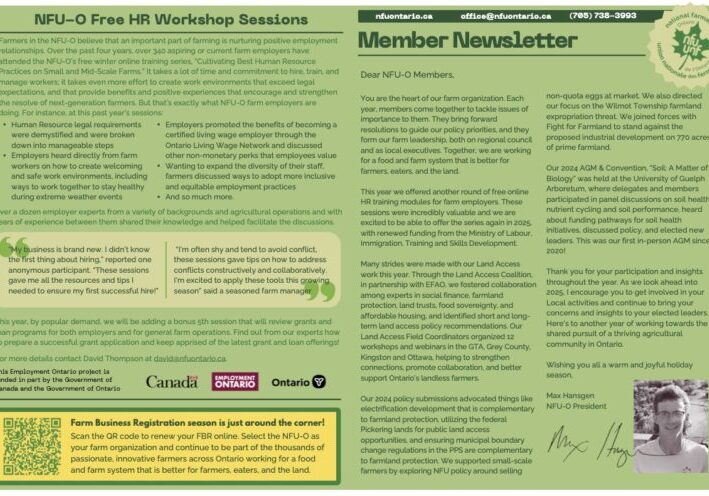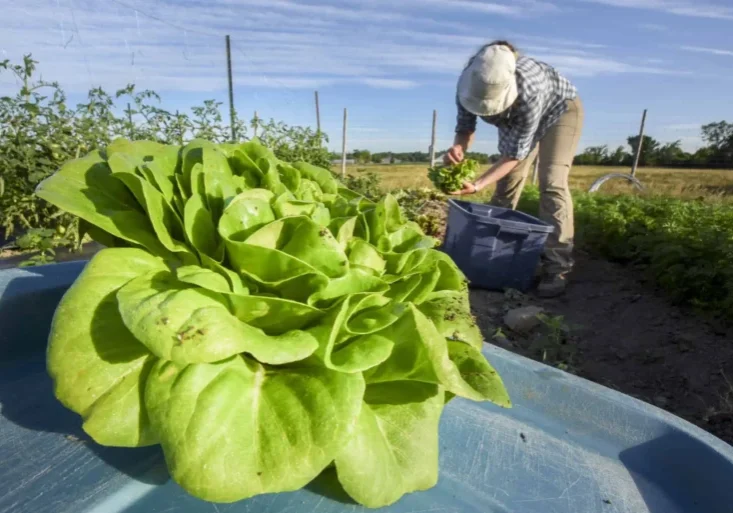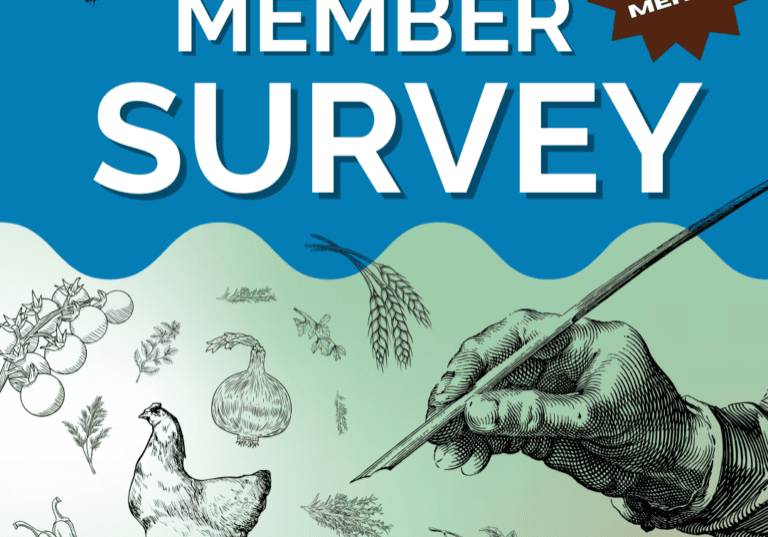NFU-O Poised to Release a Report on Sustainable Nutrient Management Practices

National Farmers Union – Ontario Newsletter
The Rural Voice | February 2024
The actions and opinions of 246 commodity-diverse farmers are helping the National Farmers Union – Ontario (NFU-O) develop and refine policy recommendations to support ecologically and economically sustainable nutrient management practices in agriculture. This study was driven by a group of Ontario-based conventional farmers who wanted to better collectively understand, address, and reduce agricultural nonpoint sources of phosphorus, known
to be a driver of the re-eutrophication of Lake Erie and the most recent spikes in toxic algal blooms.
Ecological, fiscal, risk, and efficacy concerns regarding the excessive and/or inefficient use of fertilizers were raised by many farmers who participated in this approximately 1-hour phone and/or on-line survey. In particular, many raised alarms that excessive fertilizer inputs have not only polluted watersheds, but are a leading contributor to climate change. Their input prompted us to expand this study beyond the purview of the impact of agricultural phosphorus in the Lake Erie basin to study nutrient use, and its misuse, more broadly.
Over 78% of farmer respondents believe they have an important role in protecting water quality and more than two-thirds were very concerned about Lake Erie’s algae blooms. Many, however, shared that they believe that point sources (e.g., sewage treatment plants) and/or urban practices are also part of the problem, even though numerous peer-reviewed studies have calculated that between 88% and 93% of the phosphorus causing the re-eutrophication of the Lake Erie basin is directly linked to agriculture and food production.
The majority of crop and livestock farmers surveyed indicated they have adopted some of the most common best nutrient management practices. Of the surveyed participants, 81% of conventional crop farmers followed the 4Rs of inorganic fertilizer application (right amount, rate, time, and placement) and 85% of livestock farmers avoided winter manure spreading. However, the survey results also indicate numerous opportunities for improvement. For instance, less than two out of every three farmers reported soil testing for baseline nutrient levels every 1 to 3 years even though having accurate and up-to-date soil nutrient levels is crucial to determining fertilizer amounts. And, only one in every two livestock farmers acknowledged adherence with Ontario’s Nutrient Management Act and have completed the required nutrient management strategy or nutrient management plan.
Perhaps most importantly, conventional crop farmers shared how they felt trapped within what the NFU researcher, Darrin Qualman, has called the “yield-maximization treadmill.” This circular chase for maximum yields has not led to increased profits and instead has damaged soil quality, polluted waterways, and increased agriculture’s greenhouse gas emissions.
Two-thirds of crop farmers wanted to learn more about “least cost crop production” and would “prefer to farm for profit, not yield.” A significant barrier to achieving this goal is the fact that most crop farmers (63%) rely on an advisor/agrologist associated with an agri-retailer, dealer, or manufacturer when making decisions about their fertilizer use. These corporate advisors have little to gain and a lot to lose from farmers getting off the yield-maximization treadmill.
Stay tuned for the NFU’s full report and recommendations due for release before spring 2024.
Click here to view the PDF version.
A subscription to The Rural Voice is one of the benefits of being an NFU-O member







